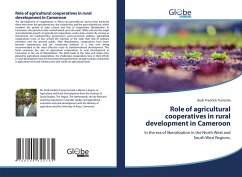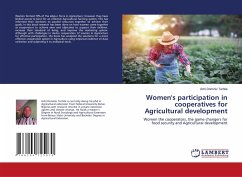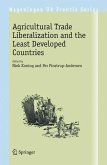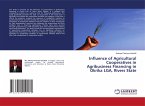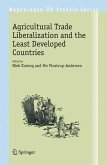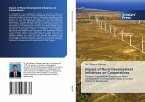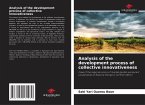The development of cooperatives in Africa can generally be said to have traversed three main eras: the precolonial era, the colonial era, and the post-colonial era, which combine the period of state control and that of cooperative liberalization. In Cameroon, the period of state control lasted up to the early 1990s and saw the origin and substantial growth of agricultural cooperatives under state control. By serving as instruments for implementing government socio-economic policies, agricultural cooperatives more or less served the interests of the state than that of ordinary members and the general public. With liberalization, cooperatives have been become autonomous and are conducting business in a way now being recommended as the most effective route to transformational development. This book examines the role of agricultural cooperatives in rural development in Cameroon in the era of liberalization. The book looks at the roles and major roles played by agricultural cooperatives, the challenges cooperatives face in their efforts in rural development and recommends that government should increase investment in agriculture and rural infrastructure and create an agricultural bank.

